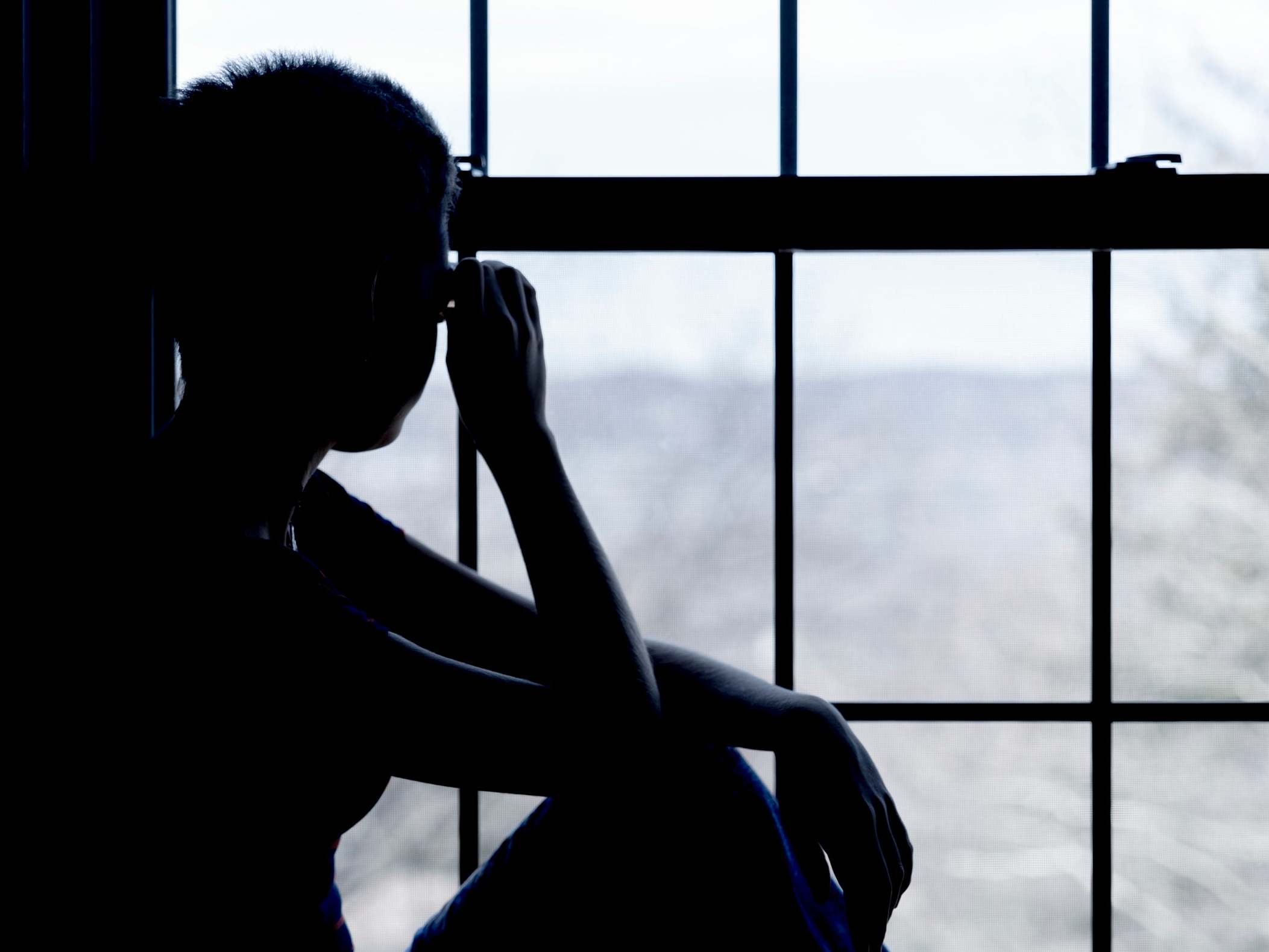Austerity has created a perfect storm for the rise of child slavery
Cuts mean children are more likely to fall victim to trafficking – and make it harder for authorities to give them the help they need, writes May Bulman


It isn’t news that local councils have been struggling under the weight of austerity in recent years. Neither is it news that children’s services specifically have been finding it difficult to provide for the needs of vulnerable young people across the country, following sustained cuts to their budgets. But the dramatic rise of child slavery brings into sharp focus how the cuts brought in during the early part of the decade are still causing problems across the country.
An analysis of statistics by the Local Government Association (LGA) shows the number of potential victims referred by local councils to the National Referral Mechanism (NRM) – the UK’s framework for referring and supporting victims – has risen from 127 in 2014 to 1,152 in 2018, with children now accounting for 92 per cent of all referrals made by local authorities.
These youngsters can range from British nationals coerced into labour exploitation by county lines gangs to Vietnamese children trafficked to the UK with the promise of a better life who are then lured into cannabis farming. The majority will have suffered severe trauma and require specialist support to overcome what they have been through and integrate into a normal life – and for this they need ongoing adult support.
Councils say the spiralling referral rates are being fuelled by an increasing awareness of modern slavery and the growing issue of young people being exploited by county lines drug gangs, which they say is putting their services under increasing and significant pressure.
Foster carers who look after these vulnerable youngsters on a daily basis say the situation on the ground for the children is dismal. One woman who has cared for a number of child victims over the last few years told The Independent she was having to “fight” to get the youngsters in her care the support they were legally eligible for at every stage. She said that as a foster carer, she was having to have fierce debates with social workers just to get a basic level of support for the children in her care.
Social workers are already stretched for time. Local authorities are already stretched for cash and resources, with huge issues such as adult social care and homelessness already dominating the agenda. Unless dedicated funding is allocated to them to tackle the rise in child exploitation cases, it is simply not something they can take on.
The austerity measures that have taken hold over the last decade, which also play a significant role in pushing British children into exploitation in the first place, are preventing councils from stopping the retrafficking of vulnerable youngsters. Without an injection of money, or taking responsibility of these children from councils alone, young people – both from the UK and abroad – will continue to be exploited.
Join our commenting forum
Join thought-provoking conversations, follow other Independent readers and see their replies
Comments